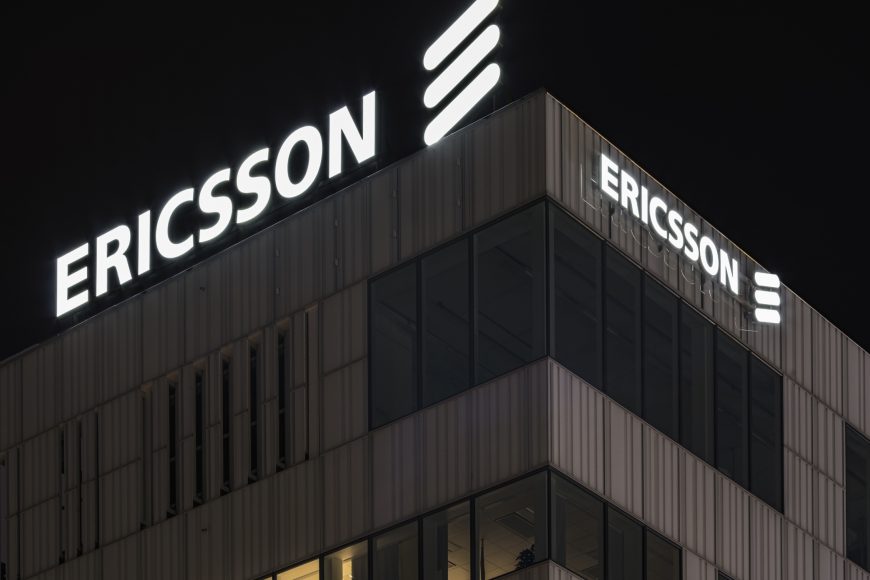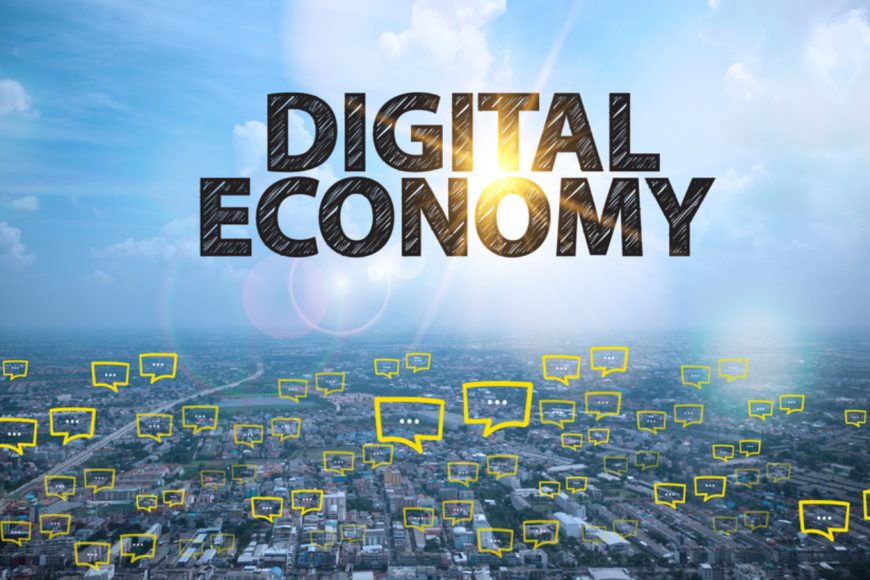Following its Benefits of Brexit Policy Paper and the Plan for Digital Regulation the UK Government’s Post Brexit approach to regulating the digital economy is taking shape
The tech sector is the UK’s modern economic success story, the most recent DCMS data showed that the sector added £150.6bn to the UK economy in 2019 [1], supporting 1.56 million jobs.[2] UK tech is on a rapid expansion path, the sector grew by over 25% in the decade from 2010 to 2020[3] and 2021 was the best year ever for investment in UK tech start-ups[4]. Research from DCMS suggests that if digital ecosystems across the UK are effectively supported, they could add another 678,000 jobs by 2025 across the country.[5]
As digital technologies and services have become ever more ubiquitous to the way we live our lives regulation of the sector has grown. The 2020’s will be a major moment for this with new rules on competition, data protection, online safety, artificial intelligence and telecommunications being introduced in the UK, but also around the world.
This global shift brings with it a debate on how best to regulate the digital economy. What is the right balance between protecting consumers and citizens while also enabling the benefits, economic and social, that digital connectivity and services bring.
Following its exit from the EU the UK is aiming to define its own path and seeking to navigate between the global trading giants like the EU and the USA.
As the UK charts its approach to regulating the digital economy what we are seeing is a third way between the more laissez faire approach of the USA and a comparatively proscriptive approach from the EU. The UK model is seeing legislation from the Government set objectives at a high level and the UK’s regulators being tasked to deliver detailed guidance, generally in the form of codes of conduct or standards for the industry.
This approach aims to strike the right balance between identifying clear outcomes such as boosting competition in digital markets or making the UK the safest place to be online while maintaining flexibility so regulators can be adaptive in their enforcement as well as modifying guidance as new technologies emerge. This trend will also likely see supplementary duties being set for regulators to consider the economic implications of intervention as well as having due regard for innovation.
Regulation is enormously important for the UK tech sector, around 96% of tech sector output and 81% of exports is in services, where regulation is vital for the research, development and then deployment of digital services. Increasingly regulation is cited by techUK members as important for investment decisions and the comparative advantage of the UK economy. In our recent Digital Economy Monitor Survey members highlighted that good regulation can be a driver of demand and stability, but that contradictory regulations or differing approaches may frustrate growth plans.
Read the full article here.





